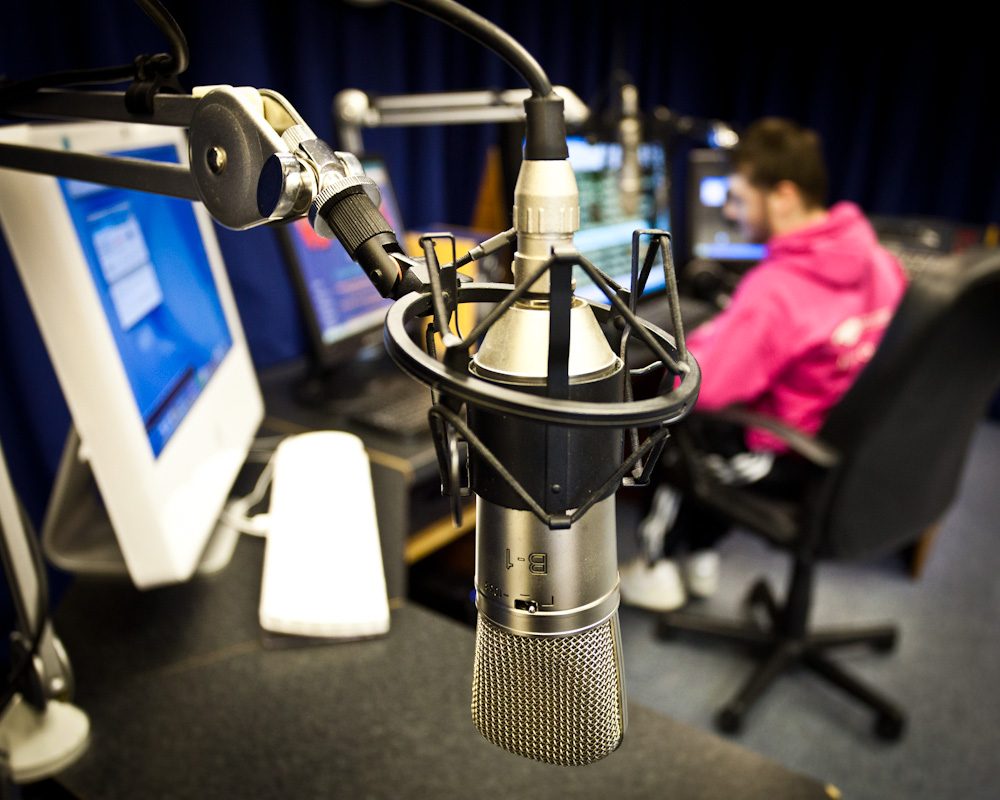Published: 15 June 2018
Country: UK
 Ethnic minorities are significantly underrepresented in the UK radio industry, making up only 6% of staff. This and many other findings were published by Ofcom, the UK’s communication regulator, in a report looking at diversity and equal opportunities in the UK radio industry. The report highlights several problems with the industry, whilst also offering an action plan for the future. Overall, the report displays the importance of diversity within the industry. Sharon White, Ofcom Chief Executive, states in the report: “Listeners expect to hear programmes that authentically portray life across the UK, its nations and regions. But that is hard to achieve if people working in radio do not reflect the breadth of modern society.”
Ethnic minorities are significantly underrepresented in the UK radio industry, making up only 6% of staff. This and many other findings were published by Ofcom, the UK’s communication regulator, in a report looking at diversity and equal opportunities in the UK radio industry. The report highlights several problems with the industry, whilst also offering an action plan for the future. Overall, the report displays the importance of diversity within the industry. Sharon White, Ofcom Chief Executive, states in the report: “Listeners expect to hear programmes that authentically portray life across the UK, its nations and regions. But that is hard to achieve if people working in radio do not reflect the breadth of modern society.”

There are two main problems unearthed by the report: there is a lack of diversity overall in the radio industry, and there is also a lack of data on the topic. Data is essential, as it allows for a clear picture of where the industry can improve in terms of diversity. White highlights this importance: “Only transparency and accountability will help extend opportunities in radio to everyone.”
Only 4 out of the 16 monitored broadcasters provided data on religion and belief, and only 2 out of 16 provided data on sexual orientation. Ofcom states in their report why this lack of data collection is worrying: “Without comprehensive monitoring of the characteristics it is impossible for a broadcaster to understand the diversity of its workforce, or to identify what improvements are needed.”
A key point highlighted in the report is the balance of women and men in the industry. All 16 broadcasters provided data on this topic. Positively, the number of women in the radio sector accurately portray the UK population, at 51%. However, at senior levels, gender representation is skewed, with 62% of senior managers being male, increasing to 81% at Board level. Ethnic minorities were also focussed on in the report. Ethnic minorities make up 14% of the UK population, but only 6% of the radio workforce. Even more worryingly, from the data provided, there was no ethnic minority representation at Board level.
Another focal point was disability. With only 11 of the 16 broadcasters providing data on staff with disabilities, representation amongst the remaining 38% is unclear. The Ofcom report states that “although broadcasters refer to general equal opportunities policies and statements, not all refer to specific arrangements they have in place for people with disabilities including monitoring.” It is clear that there is still a lot of work to be done in this realm.
The report concludes with an action plan to improve employee diversity within the broadcasting sector. This plan includes a continuation of industry monitoring, as well as sharing best practices, improving diversity guidance and enduring broadcasters comply to future information requests. It is the hope that future monitoring will encourage the radio industry to embrace diversity. In White’s words: “By drawing on the best talent from across the UK’s communities, our great broadcasters can make even better radio, and ensure they stay relevant to the widest possible audience.”
You can read the full report here: https://www.ofcom.org.uk/tv-radio-and-on-demand/information-for-industry/guidance/diversity/diversity-equal-opportunities-radio

